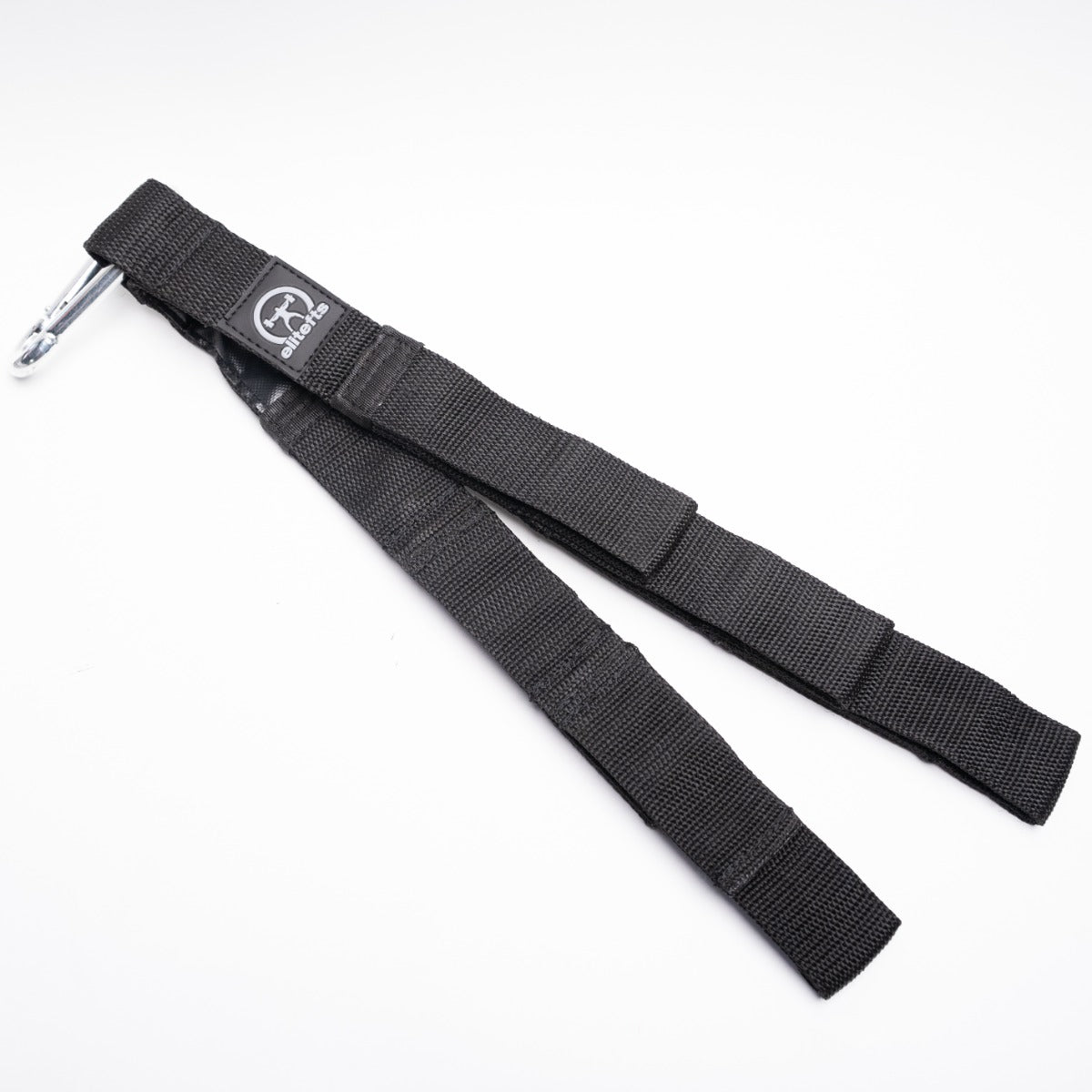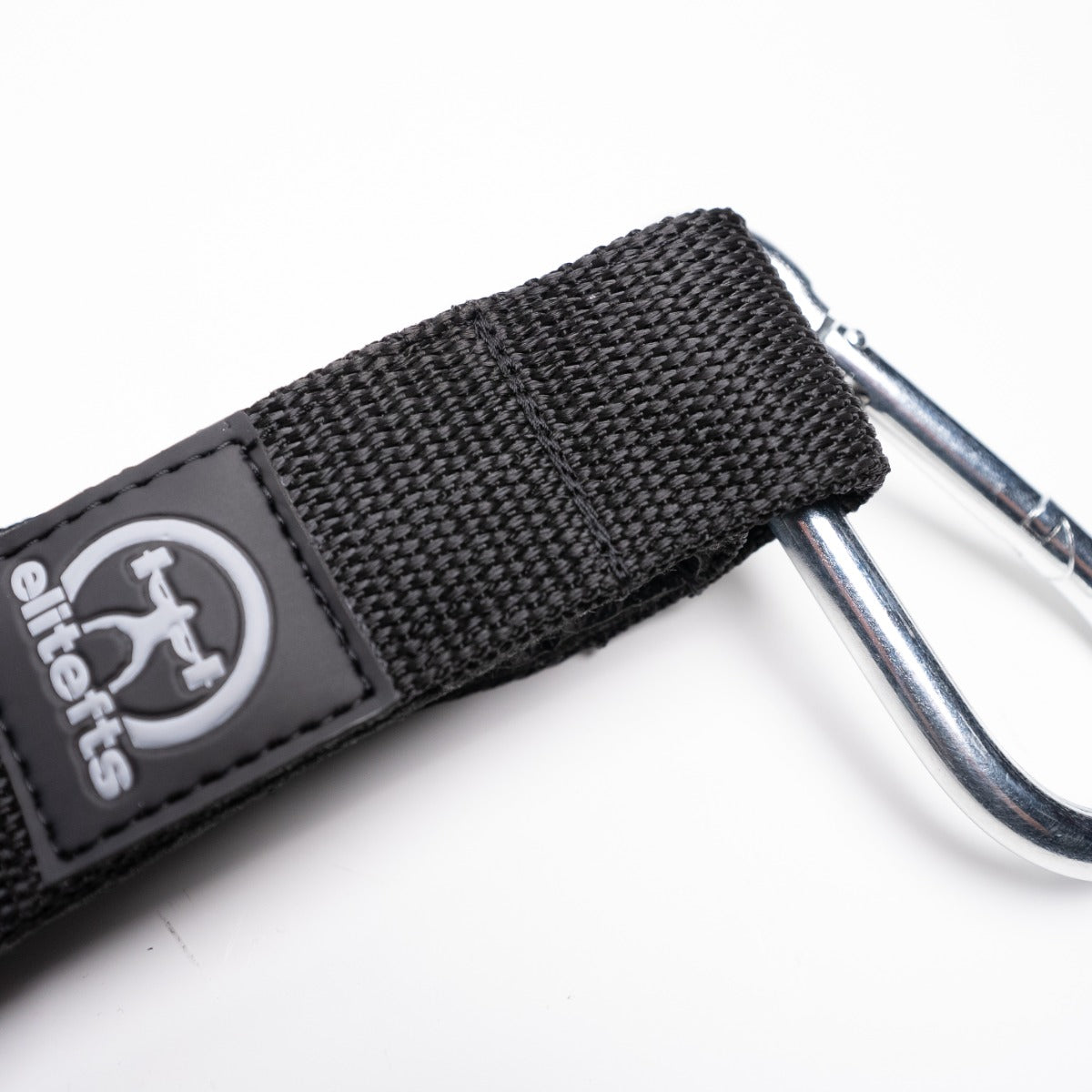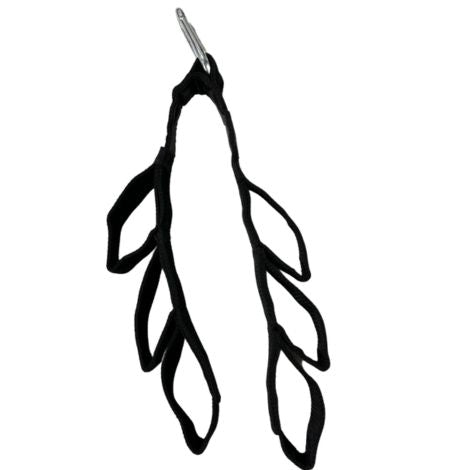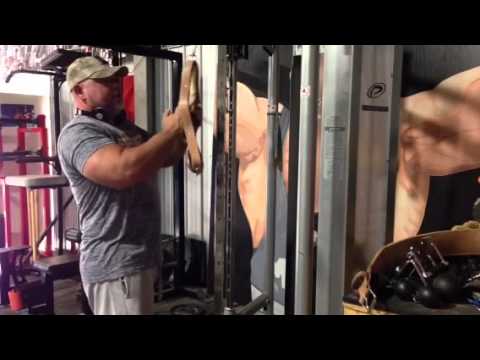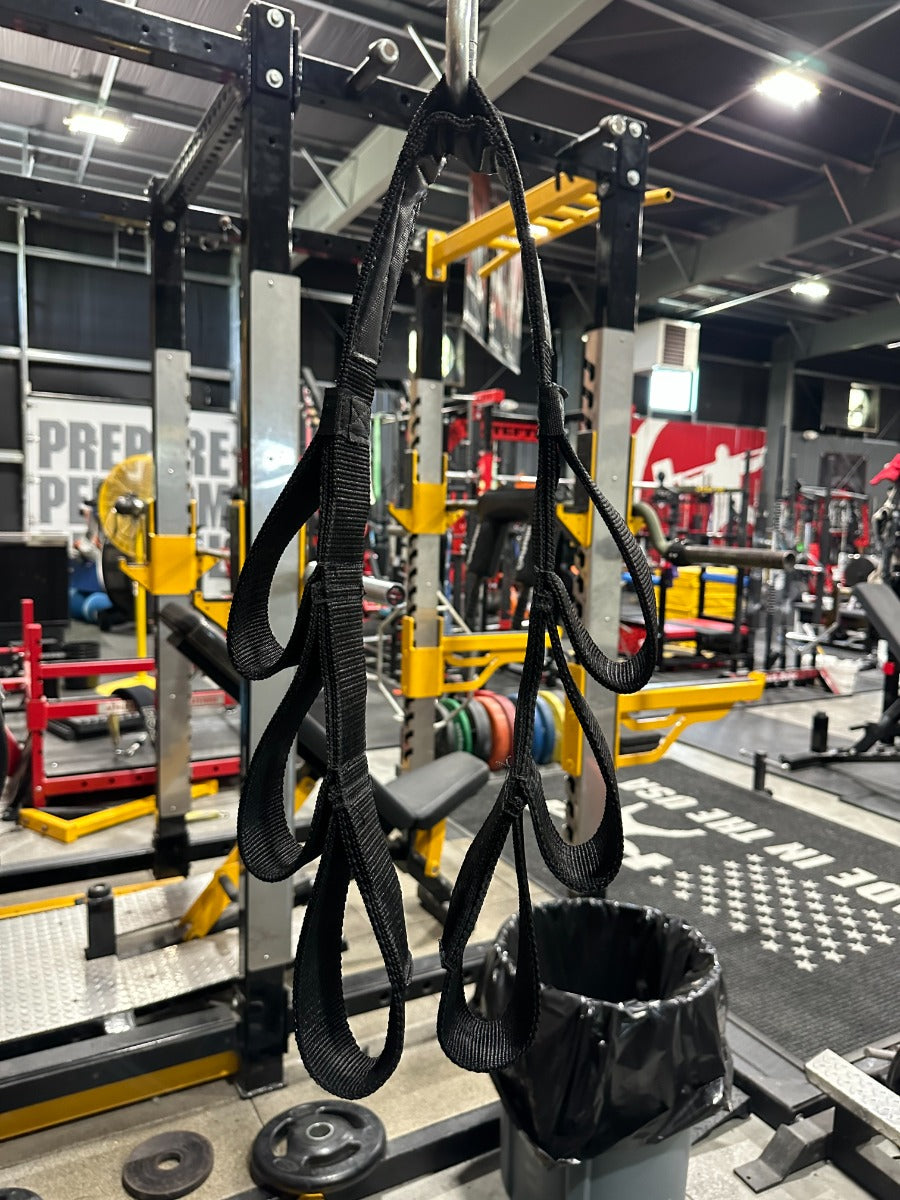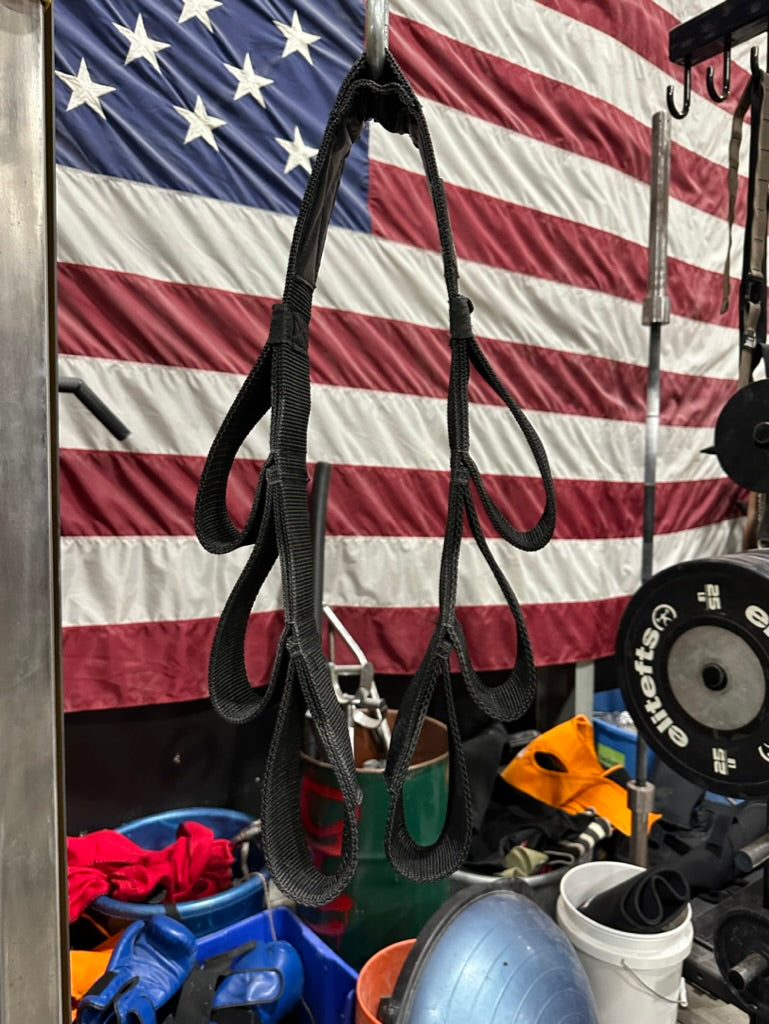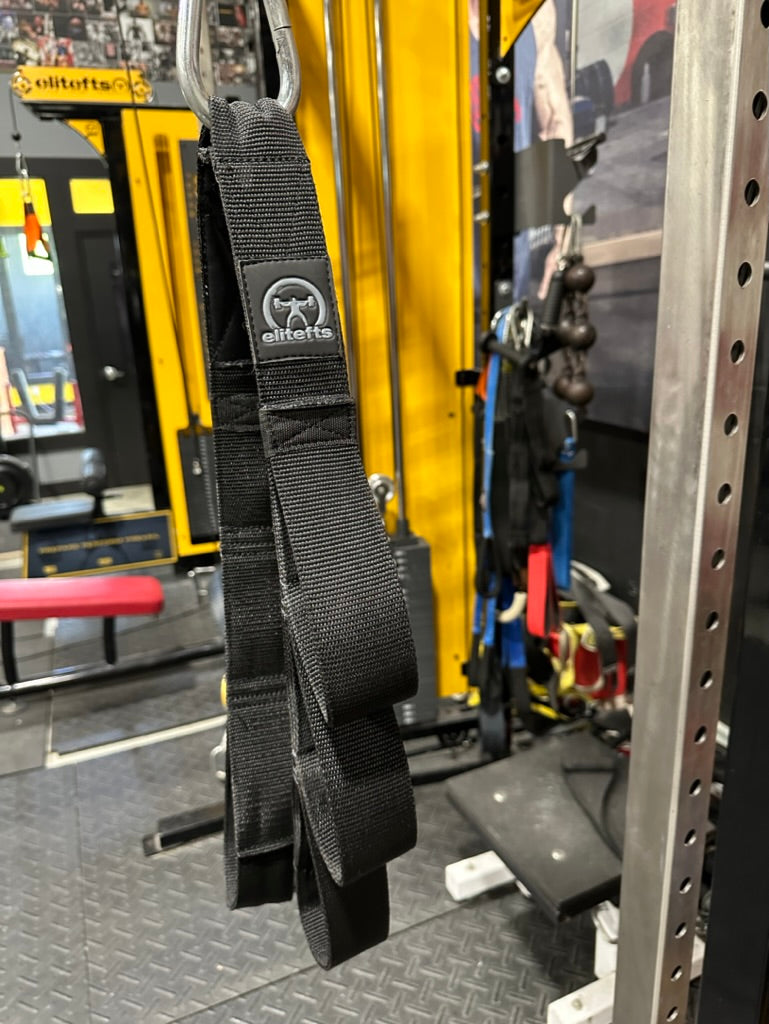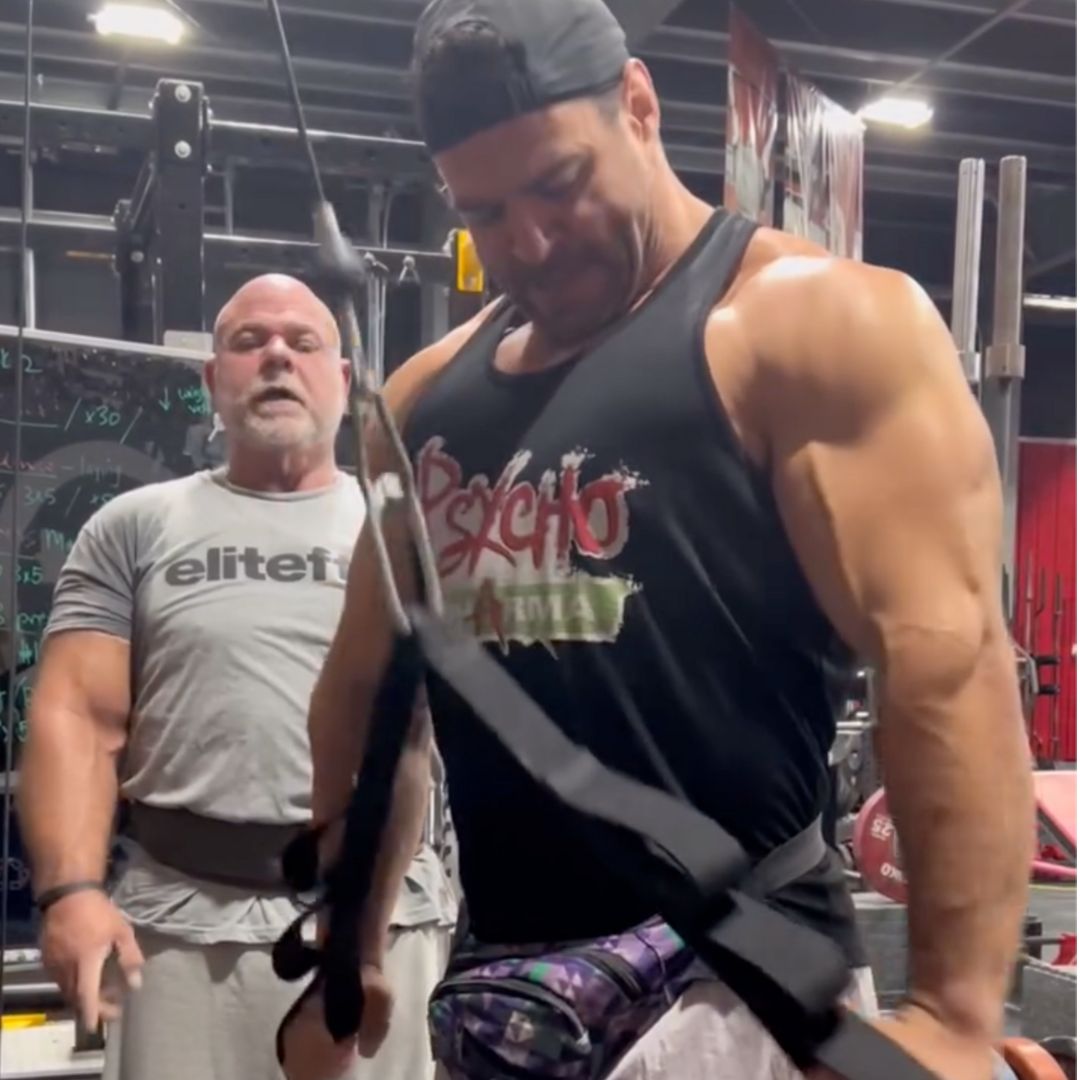I’d like to offer a preliminary note to this article before I begin, expressing my appreciation for the service that EliteFTS provides. EliteFTS is first class in every aspect of the business it offers. As a staff, EliteFTS can’t objectively define its value in the field because this can only be done by those who are on the outside of the circle, but allow me to say that it is truly the most advantageous online source for individuals interested in the very things EliteFTS offers.
I realize that as you glance over the title at the top of the page, the topic may seem far reaching. It will hit home with some of the readers while others won’t gain anything from it. For those of you who it will help and beneficially serve, you were the audience I was aiming for to begin with, and I will be pleased with the outcome.
I’m confident that many of you are aware of the incredibly complex literature/information that exists relating to all things in the field of physical preparation. Being a deep thinker myself and an individual who enjoys the challenge of solving processes that can mystify, it struck me that there must be a more effective way to grasp and understand the information being presented in textbooks, articles, journals, and manuals (effective for me may not be effective for you, but this is to serve as something thought provoking.) I needed a unique course of action in order to provide myself the chance and opportunity to understand all the relevant information in the detail I was seeking.
To truly begin to develop a working understanding of the process that is undertaken when preparing a sportsman and all of its variables, I needed to consume myself with learning more than the previous path I was taking. Devoting my free time to read was no longer enough to reach the end goal I had in mind. I quickly realized that I was giving exhaustive efforts and not gaining much. It was a classical example of the inputs far outweighing the outcome. This wasn’t an efficient model for me to engage in. If I wanted to be able to really express the tremendous task of preparing a sportsman at a high level of intelligence, I had to theorize, program, and plan my studying in a similar fashion to that of the process involved with preparing an athlete.
Sitting down and reading began to get the wheels turning in my brain about alternative measures for developing and heightening my intellect to a further degree. I was reading Block Periodization by Vladimir Issurin, and it struck me. If this form of organizing training can enhance physical qualities, maybe it could be just as effective if I applied similar structure and principles to my studying.
As I took the time to read things from articles, the Q&A, books, and manuals, I noticed that more often than not the information being discussed was over my head. I was just reading words and gaining nothing more than a big vocabulary that I didn’t know how to use properly. I was truly clueless as to what was being discussed, and to someone who wants nothing more than to be involved in this field as a coach, this was a source of frustration. I quickly realized that sometimes you need to understand things before you can understand other things. Oftentimes, understanding concept A can lead to a clearer understanding of concept B. The sooner I realized this, the sooner I was able to put together a plan. I was determined to provide myself with a clearer understanding of the things that were relevant, so I got started.
Plan of action I recognized early on the literature I enjoyed and appreciated. I found myself drawn to the things Mark McLaughlin, the Thinker, Coach X, Yosef Johnson, Dr. Verkhoshansky, Dr. Yessis, and so on were presenting. I aspired to be able to present my own view on the process of preparing an athlete in the same manner and intellect in which they provided me. I sat down and looked over the collection of books, manuals, and journals I owned (which was more than enough to get started), and I wrote out a sequence of related work in the field ranging from relatively general and comprehensive to increasingly complex. Thus began my block periodization principles for improving your physical preparation IQ (although it can be applied to many different areas of work).
I began with textbooks on anatomy, physiology, and biomechanics. I highlighted important passages, took notes, and made outlines on paper to simplify and pull away main points and concepts. I then moved on to the book by Dr. Yessis titled Secrets of Russian Sports Fitness and Training, which is a must have for a beginner interested in the process of attaining sport mastery. When I was done taking notes and felt I had a good understanding of the current book I was studying, I began the next book in the sequence, increasing in difficulty. The knowledge I gained from the previous book(s) was taking its effect and riding in the background. A phenomenon known as the long-term delayed training (in this case mental) effect kicked in. I realized a host of information I had learned previously during moments of reading new information, which led to a greater understanding as a whole as I evolved through the process. I revisited the notes and main concepts from the previous book for a couple of minutes before I digested and took in the slightly more difficult book that day. Think of it as a type of retention load so that the knowledge I gained previously stayed strongly available as I got deeper into the next book. This is the basic principle used with the methods of my study that brought about a comparison to the ‘block’ method.
It is important to understand yourself and how you like to learn and then do what works for you. This happened to be the vernacular I constructed, and it worked much more efficiently than my previous method. Ironically, a current problem you see with some of today’s trainers is how they construct programs similar to the way I was going about my learning at first. I was doing it to do it with no rhyme or reason. I bounced around from book to book and retained next to nothing of what I was reading. When I employed the basic concept of the block method, my learning accelerated greatly. It wasn’t because I was spending more hours and putting more effort into it. My learning became properly sequenced. I had to understand general material before I could understand complex material, and it was important to revisit previously learned information. I learned an effective way to learn if that makes sense, all from the very concept I was attempting to understand in the first place. Much like the physical qualities of the body, it is important to do the same with your mental development. The broader the base of the foundation, the higher the pinnacle that can be reached. Understanding general concepts creates the prerequisites for increasing the capability of understanding more complex literature down the road. Sound familiar?
I understand this is a far reaching comparison, but it is similar conceptually in its generalities. I needed a model to follow, so why not take the very thing I wanted to understand, manipulate it a little bit, and use its principles to help further myself along?
There it is in a few simplified paragraphs. It turned out to be very successful for me. If nothing more, it began as an interesting and thought provoking analogy that eventually manifested itself into reality. This is an attempt to reach out to individuals who are trying to learn new concepts but feel like they aren’t quite grasping it. Plan and program the measures you want to take to learn. Don’t skip ahead and stay true to the course of action. You will better your specific mental capacity through such means of study. It is an interesting concept to equate the two that should spark some cognition.




































































































